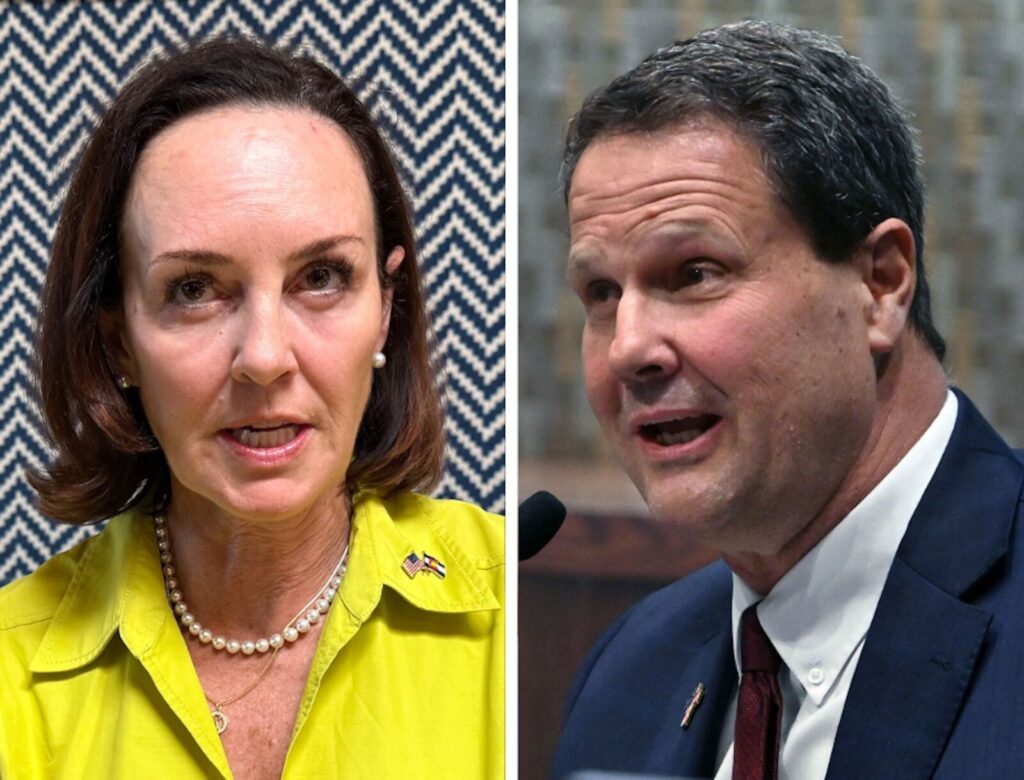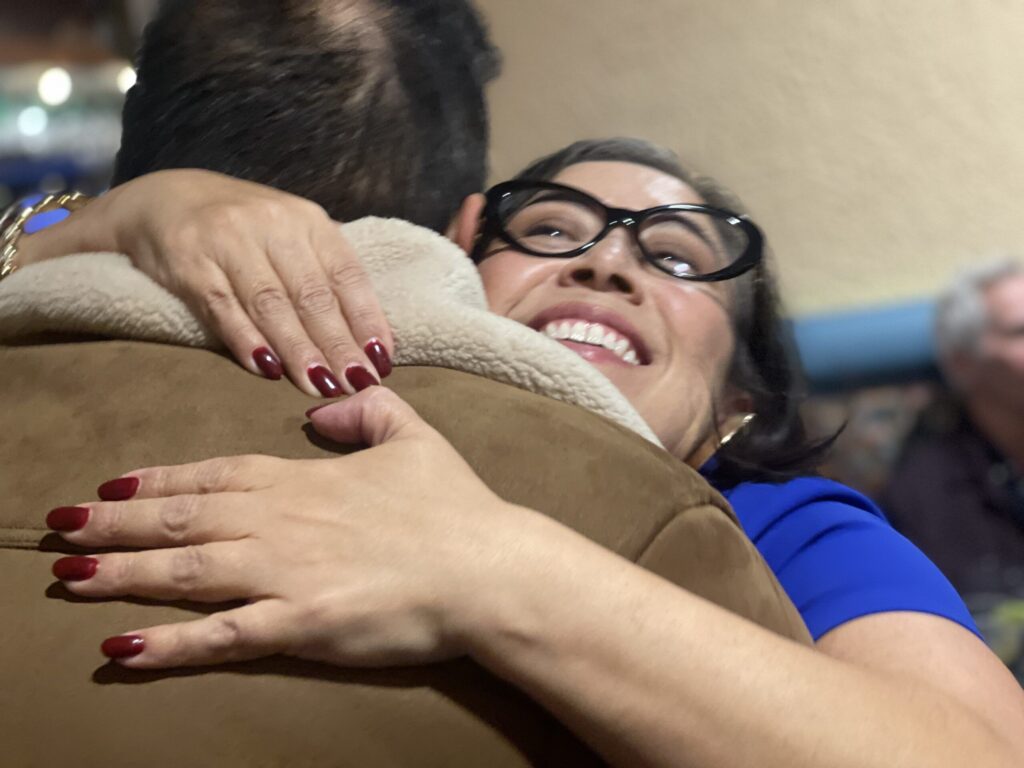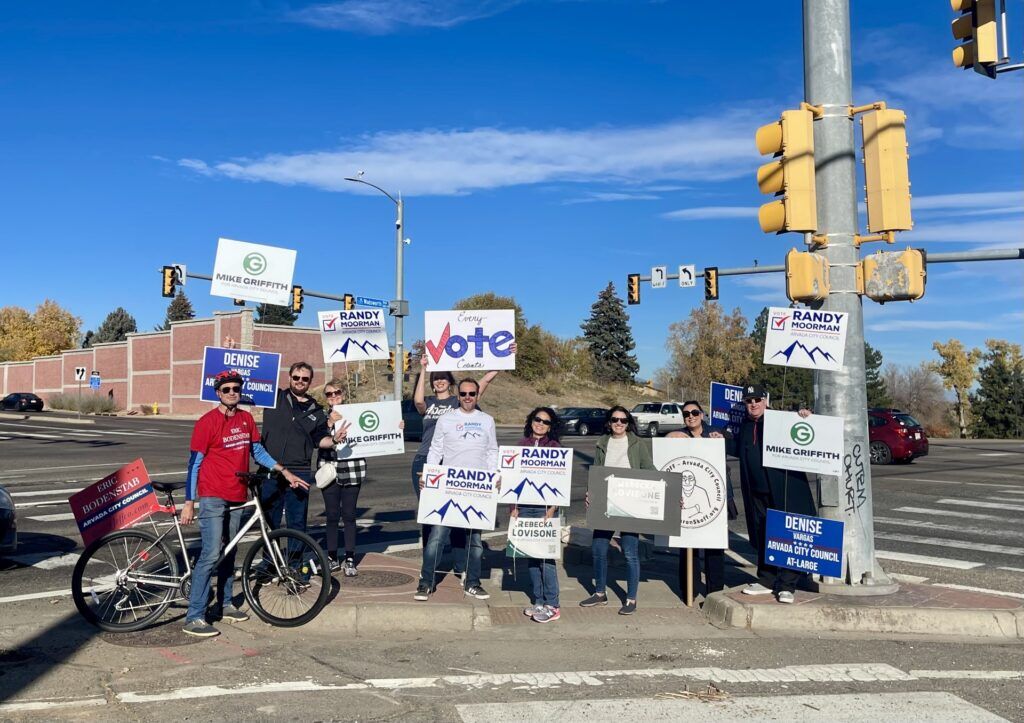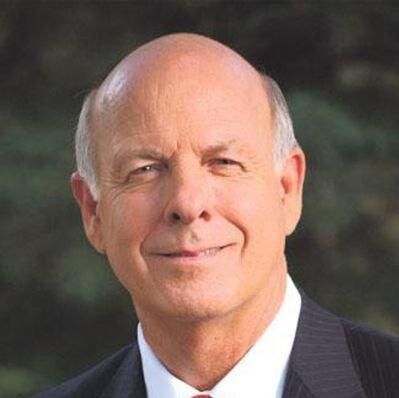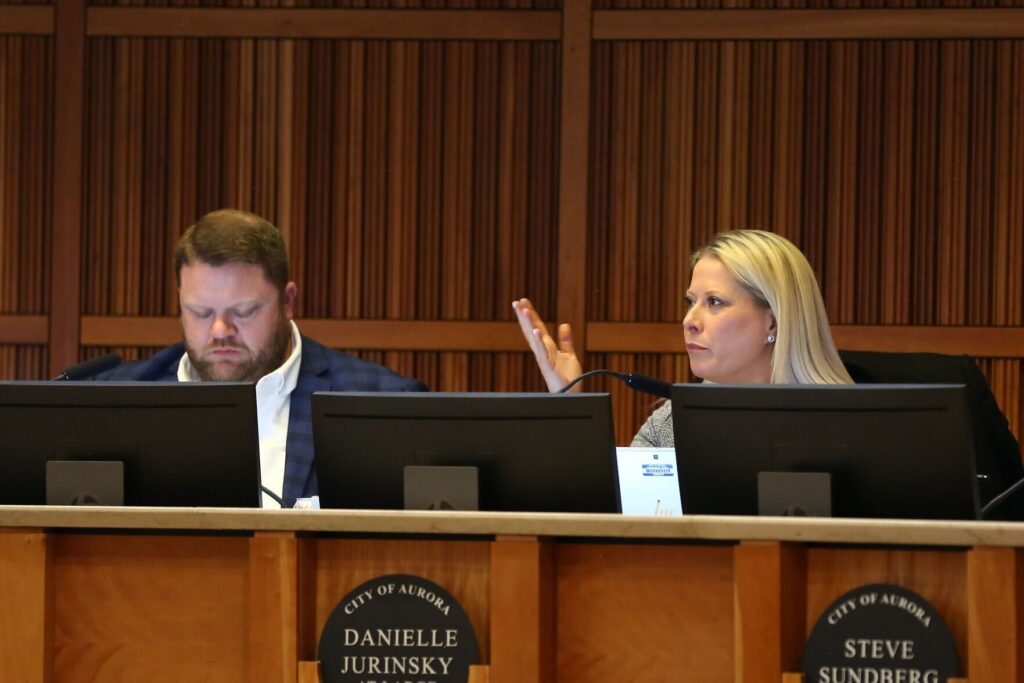Panel advances bill to add ‘consent’ to Colorado’s sexual assault law
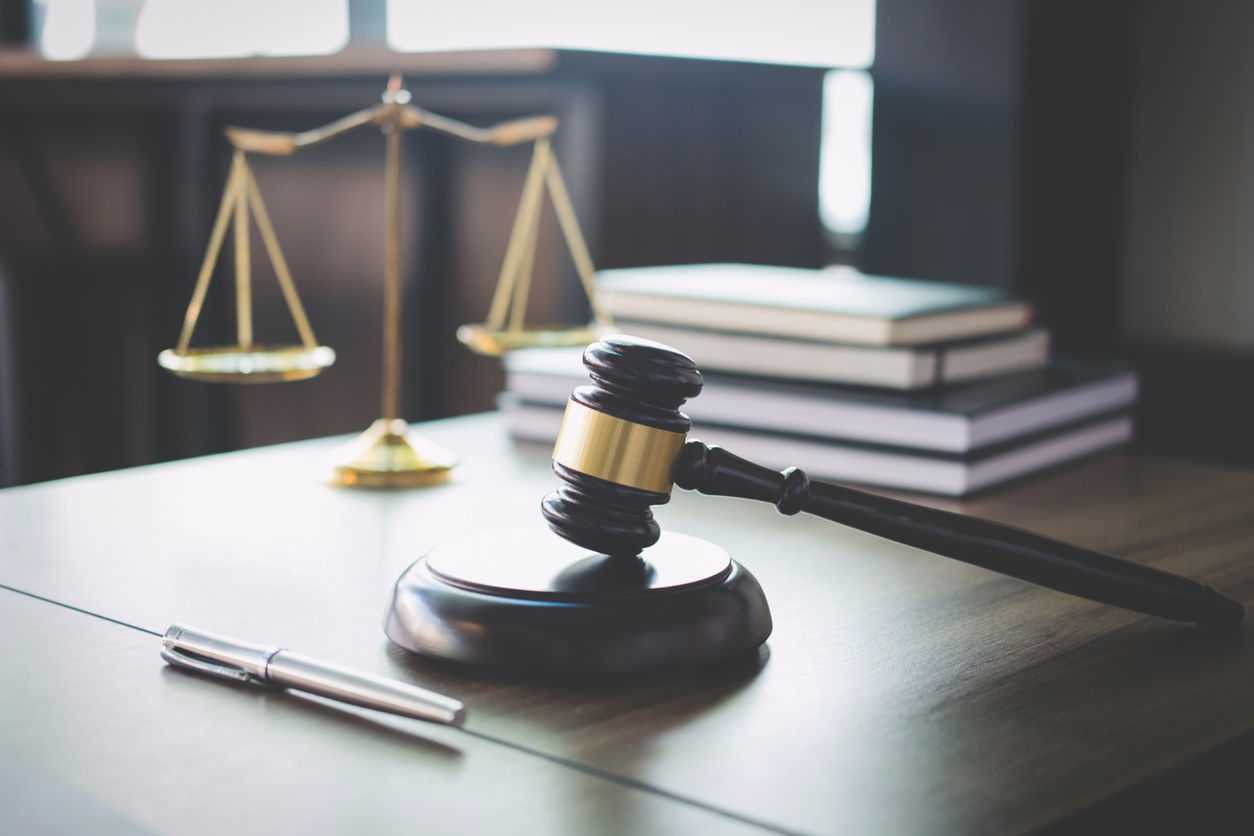
Kate Burgess said when she was raped in Boulder just over a year ago, she intended to report it to the police but changed her mind after she looked up Colorado’s sexual assault law.
“I lost all hope,” said Burgess, a former victim advocate with the Fort Collins Police Department. “The law was confusing, perpetrator centered and outdated. I spent literally dozens of hours comparing Colorado’s language to other states, calling hotlines and advocates, trying to – by Colorado standards – legally justify what happened to me. Ultimately, I felt like my rape didn’t count here.”
In Colorado, sexual assault is defined as sexual intrusion when “the actor causes submission of the victim by means sufficient to cause submission against the victim’s will.” The law was written in the 1970s and Colorado is one of only two states in the country that still uses the language. Now, some lawmakers want to change it.
On Tuesday, a panel advanced House Bill 1169, which changes the wording of Colorado’s sexual assault law to when the actor causes sexual intrusion “knowing the victim does not consent.”
Bill sponsor Rep. Matt Soper, R-Delta, said the goal is to clarify the meaning of the law. Soper said 34 other states currently use the language proposed under the bill in their sexual assault laws. Colorado also includes the term “consent” in its law for misdemeanor sexual contact, but not for sexual assault.
“If you were in the jury room trying to decide upon the facts and whether the facts matched the law … by this definition, would you be able to come to any sort of a conclusion? Or to even understand what the law is?” Soper asked. “It really is about having the clarity for the prosecution and the defense. It doesn’t serve either side well to have confusing language in the statutes.”
The bill’s other sponsor, Aurora Democrat Rep. Dafna Michaelson Jenet, said she hopes the bill will contribute to making sexual assault “uninviting” in Colorado.
Last year, the Colorado Coalition Against Sexual Assault reported that Colorado’s sexual violence rate is higher than the national average. The organization said 23.8% of women in Colorado had experienced sexual violence, compared to 18.3% nationally.
A sexual assault occurs in the U.S. every 68 seconds, according to the Rape, Abuse and Incest National Network. Less than one in three sexual assaults are reported to law enforcement, and, of those reported, only around 16% result in arrests and 9% result in felony convictions, the network said.
In Colorado, the low conviction rate for sexual assaults can be partially attributed to the law’s confusing language, said Jessica Dotter, sexual assault resource prosecutor of the Colorado District Attorneys’ Council.
“This bill comes from some really heart-wrenching experiences working in jury trials where juries made decisions based on a misunderstanding and a confusion of what the law meant,” Dotter said. “There are no definitions in statutes – and therefore no definitions in jury instructions – for terms such as what it means to use ‘sufficient consequence’ or what it means to be ‘reasonably calculating.'”
The bill would maintain Colorado’s existing legal definition of consent for sexual activity, which is cooperating in a sexual act using free will and with knowledge of the nature of the act. The definition also specifies that a current or previous relationship does not constitute consent and consent cannot be given under the influence of fear.
In addition to helping jurors understand the law, Dotter said the bill would clarify the definition of sexual assault for survivors in the hopes of making them more comfortable reporting their assaults to law enforcement.
The House Judiciary Committee unanimously advanced the bill Tuesday following testimonies from eight individuals who support the bill. If enacted, the bill would go into effect on July 1 and apply to sexual assaults committed on or after the date.
Burgess said she would have pursued rape charges if the bill was in place a year ago. But if the bill passes, she said she still might try.
“The odds of justice were not in my favor. My rape was not reportable here,” Burgess said. “House Bill 1169 is a powerful first step in ensuring that other survivors of sexual assault don’t have the same experience as me. To be raped is to be stripped of your power, and this bill could help give it back.”
Editor’s note: The original version of this article incorrectly stated Kate Burgess’s name.



